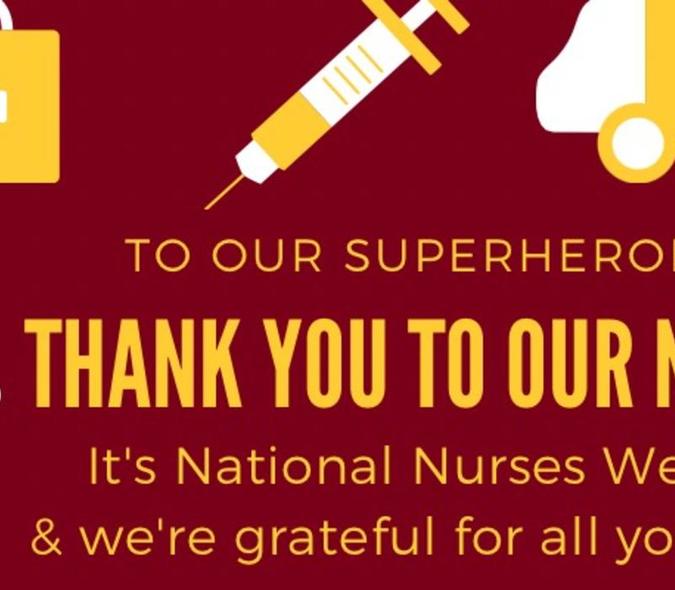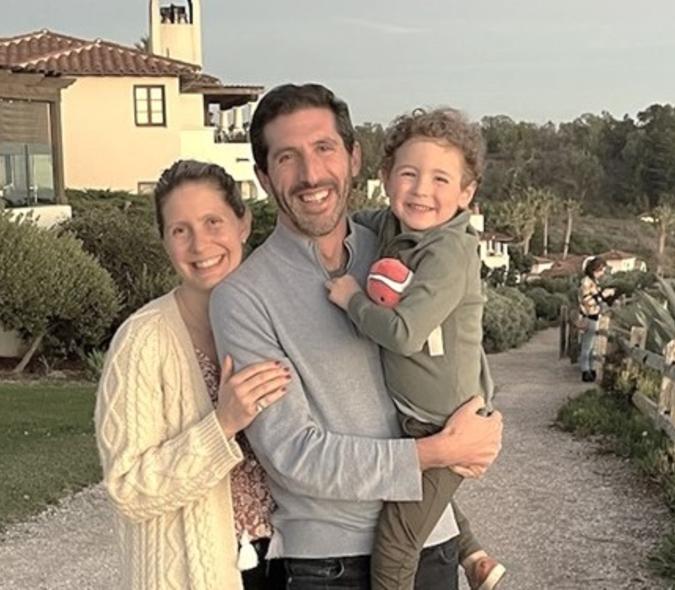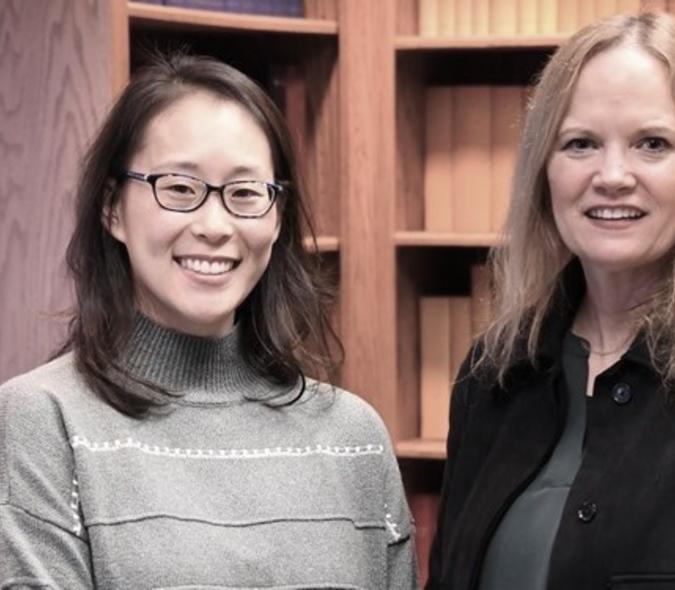
Social workers take a holistic, collaborative approach when working with their patients
According to the National Association of Social Workers, the 700,000 social workers in the United States are quite literally, everywhere. They work in mental health and hospitals, in schools and Veterans centers, and in child welfare agencies and government. As practitioners, they are trained to help people address personal and systemic barriers to optimal living and are employed to effect positive change with individuals, families, groups, and entire communities.
This article focuses on the role that social workers play in mental health. It features three members of our Department:
- Melissa Dalhoe, MSW, LICSW
- Becca Lee, MSW, LGSW, and
- Christa Reader, MSW, LICSW.
Melissa Dalhoe
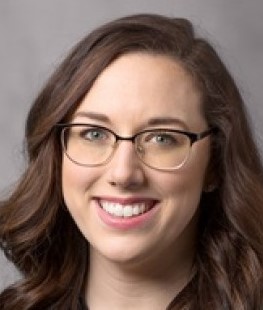
Melissa completed her undergraduate work at the University of Wisconsin Madison and earned her Master of Social Work from Loyola University in Chicago. At the University of Minnesota Physicians Psychiatry Clinic in St Louis Park, she directs the Navigate Program, which is designed to help those with first-episode psychosis. She also manages the social work role in the Interventional Psychiatry Program, and oversees two social work students.
Another aspect of Melissa’s clinical work is focused on helping individuals with treatment-resistant depression in the Interventional Psychiatry Program. “People with treatment-resistant depression have been working with the mental health system for years,” she said. “These individuals may have suicidal thoughts and often require conversations about safety planning and assessment about whether they need a higher level of care, such as hospitalization.” Melissa noted that there are co-morbidities in this population that can include trauma, personality disorders, and substance abuse.
Melissa loves what she does. “Social work is so versatile,” she said. “If you want to pursue a similar path, be open to the possibilities. It can be hard working with people who are struggling – you can get burned out or have secondary trauma. It’s important for people who want to become a social worker to consider how they’re going to take care of themselves.”
Mentoring is also important. “I’ve been mentored by people who are passionate about the work,” said Melissa. “It’s infectious and motivating and I wouldn’t be in the position I’m in today without such great mentors.”
Becca Lee
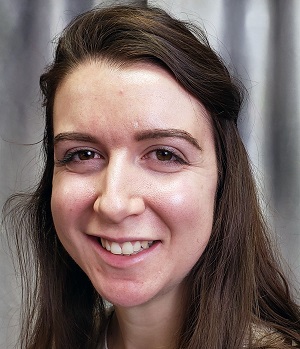
Becca enjoys the variety of her work as a social worker at the M Health Fairview Psychiatry Clinic on Riverside Avenue in Minneapolis. “I work with everyone in the clinic, from the front desk to intake to psychiatrists and psychologists to the nursing staff,” she said. Her duties include completing complex diagnostic assessments and helping patients get what they need. “What’s satisfying about those interactions is that I can say, ‘Yes, I have just the resource for that,’” Becca said. “There is a good balance between challenging, time-consuming tasks and quick, easy ones.”
When it comes to doing diagnostic assessments for her patients, Becca believes there is a benefit to having a variety of providers involved. “We all come at the assessments from different perspectives,” she said. “Social workers take a more holistic approach.” Typical questions Becca might ask a patient include: what is your support system, where do you live, how do you pay your bills, who are your closest friends and family members? It helps her get a more complete picture of who her patients are.
She also meets with her patients’ family members. “They don’t exist in a vacuum,” Becca added. “Their mental illness affects their family, and their family affects their mental illness.”
Christa Reader
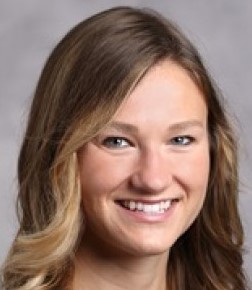
Christa began working for M Health Fairview’s Navigate Program in 2017. Social work attracted her because she was always interested in people and families. “We look at an individual in their environment and all the systems that affect them,” she explained. Christa built on a theme expressed by Melissa. “Social workers are everywhere: hospitals, schools, as executive directors of agencies at the state level, and in private practice,” she said. “I like knowing there are a variety of ways to help different populations.”
Christa enjoys the interdisciplinary nature of social work, noting that, “It’s great to be part of a larger system that has so many world-renowned experts.” She also likes being part of an early intervention team. “Working with younger patients who are dealing with a new diagnosis of psychosis, we help educate them, provide support, and get them into treatment,” she said. “We can see them get their lives back on track.”
The COVID-19 pandemic has had a significant impact, not only on Christa’s ability to stay in touch with her team, but on the population she serves. “Isolation is already an issue we work on with our patients,” she said. “Having fewer social opportunities has been a challenge for them.” On the brighter side, her no-show rates have been lower than ever. “Telehealth has made it easier for our patients to connect with us when it’s convenient for them,” Christa said. “It’s been challenging, however, especially when they don’t have the technology to meet with us. All of our clients and their families are dealing with increased stress related to the pandemic, whether it’s job change or loss, or online schooling.”
Christa believes that certain qualities make for a good social worker, including empathy, compassion, a desire to help, flexibility, adaptability, and the ability to be a team player. “When you’re dealing with human beings and their complexity, having good communication skills and the ability to ask questions is a plus,” she said. “It’s also important to be comfortable with not knowing everything and being willing to fight to find the answers you need.”
Interested in social work?
If you would like to pursue clinical social work, Becca advises you to do what she did and get a job after completing your undergraduate degree and before you attend graduate school. “That experience was invaluable for me,” she said. “It helped me understand the social services system and how to help people who are in need. It also helped me learned how to build rapport with my patients, which is impossible to learn in a classroom.”
The bottom line for all three social workers is to find an organization that values what you do. “Sometimes we get hired and no one seems to know what we should be doing,” Becca said. “Social workers must advocate for their roles and for their place at the clinical table, to be able to explain to supervisors and coworkers — this is what I’m capable of doing, this is what I want to do.”
For more information: National Association of Social Workers
